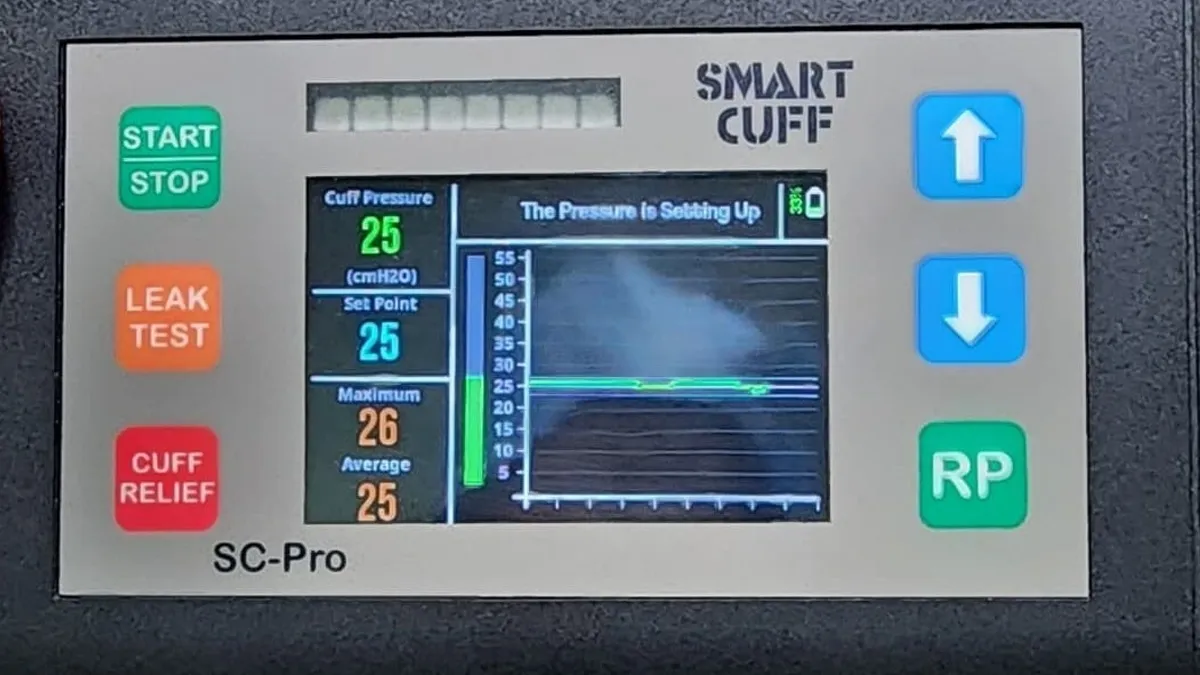Iran-Made Tracheal Tube Pressure Controller Facilitates Breathing for Pulmonary Patients

“The device is used for special care units, patients in operating room with long operating time, and ventilator-dependent patients at home, and it obviates one of the main concerns of nurses and doctors which is monitoring and controlling the pressure of these tracheal tubes,” said Moslem Begol, the managing director of the knowledge-based company.
Noting that the device is highly precise in pressure measurement and is equipped with accurate micropumps to control the pressure of the tracheal tubes, he added, “It prevents possible leakages in the tracheal tubes and facilitates the process of intubation in patients for the nurses.
Begol said that the device prevents excessive reduction of pressure and creates a leakage path of incoming gases at the point of contact of tracheal tube air cushion with tracheal wall.
In a relevant development in November, an Iranian scientist and his colleagues had also managed to make a new sensor which measures heart and breathing rate of patients with sleep apnea and can also be used to monitor people at risk of opioid overdose.
Diagnosing sleep disorders such as sleep apnea usually requires a patient to spend the night in a sleep lab, hooked up to a variety of sensors and monitors. Researchers from MIT, Celero Systems, and West Virginia University, including Ali Rezayee, the Iranian scientist and director of the Rockefeller Neuroscience Institute at the West Virginia University School of Medicine, hope to make that process less intrusive, using an ingestible capsule they developed that can monitor vital signs from within the patient’s GI tract.
Rezayee is one of the senior authors of the study, along with Robert Langer, an MIT Institute Professor and member of MIT’s Koch Institute for Integrative Cancer Research; Victor Finomore, director of the Human Performance and Applied Neuroscience Research Center at the West Virginia University School of Medicine; and Giovanni Traverso, an associate professor of mechanical engineering at MIT and a gastroenterologist at Brigham and Women’s Hospital. The paper appeared in the journal Device.
The capsule, which is about the size of a multivitamin, uses an accelerometer to measure the patient’s breathing rate and heart rate. In addition to diagnosing sleep apnea, the device could also be useful for detecting opioid overdoses in people at high risk, the researchers say.
4155/v





















